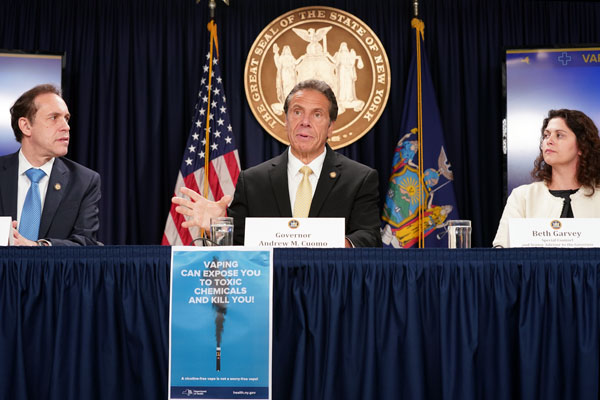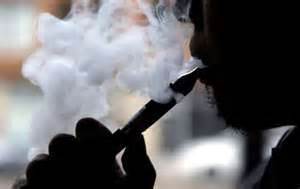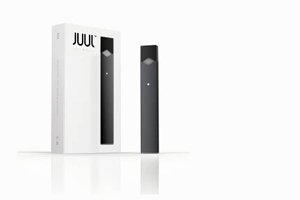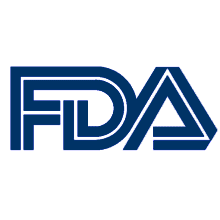Smoking is responsible for nearly 4 percent of Switzerland’s medical expenses and 14 percent of its premature deaths, according to a new report commissioned by the Swiss Association for Smoking Prevention.
Published on Sept. 9 by the Zurich University of Applied Sciences, the study estimates that in 2015, tobacco consumption generated direct medical costs of CHF3 billion ($3.03 billion), including CHF1.2 billion for the treatment of cancer, CHF1 billion for cardiovascular diseases and CHF0.7 billion for respiratory illnesses.
In addition, the Swiss economy loses around CHF2 billion a year due to illness and premature death among the workforce as a result of tobacco consumption.
In 2015, tobacco consumption in Switzerland caused a total of 9,535 deaths, or 14.1 percent of all deaths in that year. Road accidents killed 253 people, and the flu killed 2,500 people that year.
The Swiss parliament is due to discuss regulations on tobacco advertising in the autumn session.












